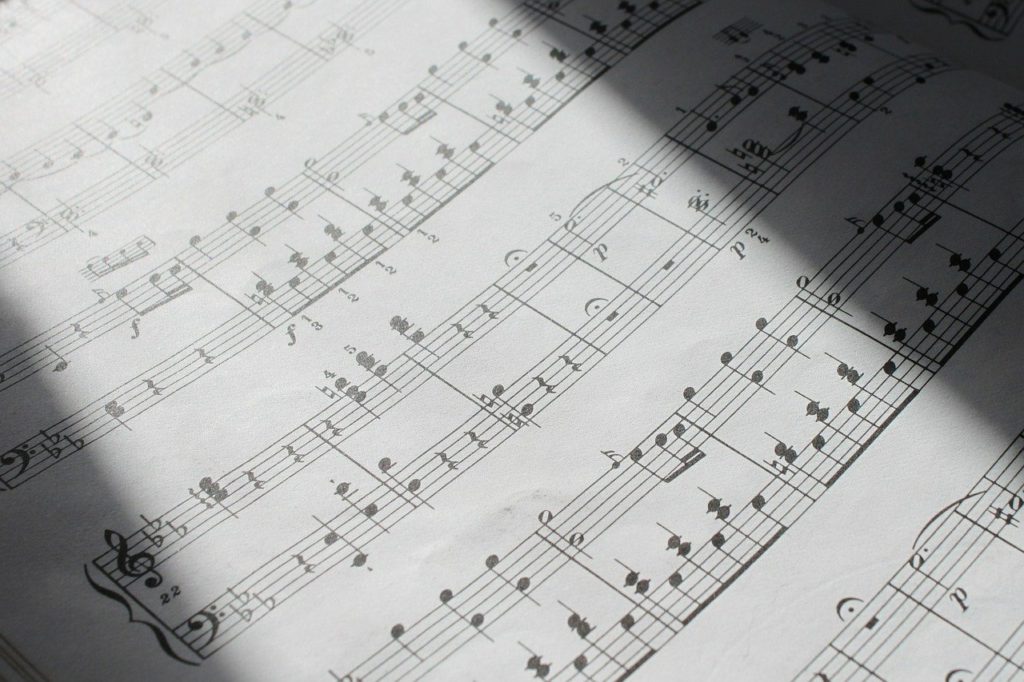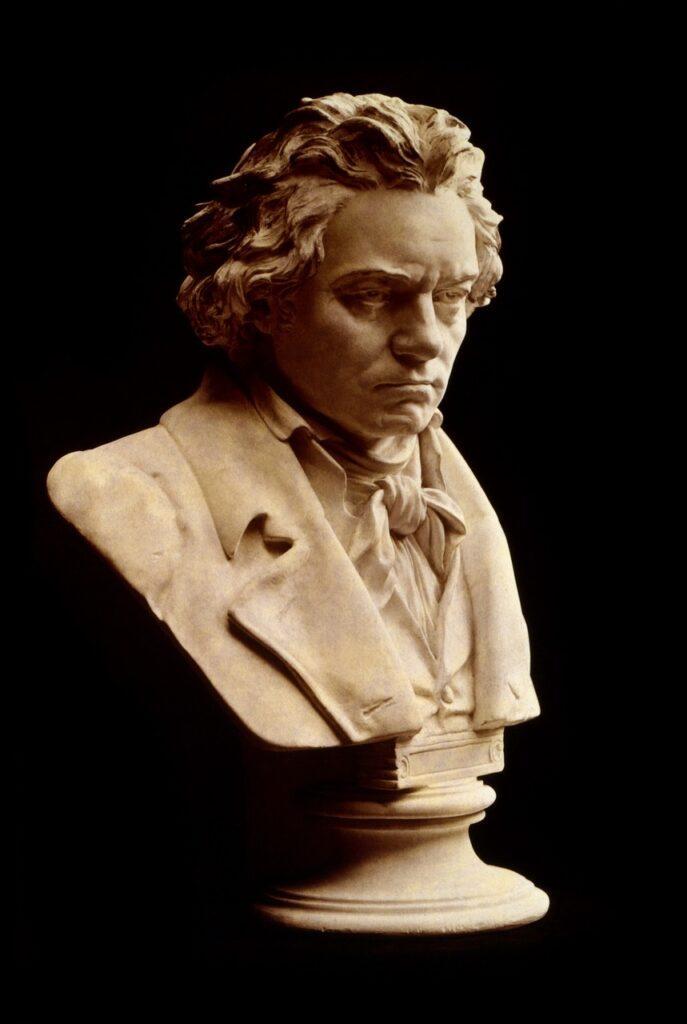Estimated reading time 2 minutes
Table of Contents
Awareness and Why Classical Music is Interpreted Differently from Pop Music
“Why is classical music interpreted differently from pop music?” Interpretation has a very important role in performing classical music. This doesn’t mean that interpretation can’t be important in pop music. However, classical artists seem to be very aware of the process of how to interpret a piece of music. You can be too. Read more to learn how it works.
For a definition of interpretation, see part 1:
This post uses musical terms. For definitions, see the Glossary at the end of the article.

Why Classical Music is Interpreted Differently from Pop Music: Absolute Music vs. Pop Songs
“Why is classical music interpreted differently from pop music?” A large part of the difference in sound between classical and pop music has to do with the style of the music.
However, what about when we look at pure interpretation.
- One factor to keep in mind, much of classical consists of absolute music. This means that many pieces will be instrumental with no programmatic elements at all.
- Conversely, pop music mostly consists of songs.
- Therefore, pop music will automatically have imagery embedded into the songs that you can use to add emotion to your performance.
- However, absolute music has been stripped of any cues as to how to interpret the music.
So, how do you interpret absolute music so that you can bring emotion into your playing?
The concert pianist Ernest Hutcheson describes how he interprets music:
It is an excellent exercise in interpretation thus to take a composition, or more often a single theme, and attempt to describe its character in a few words. (Brower 118)
In other words, Hutcheson recommends that you characterize the piece you want to play:
- The title of a programmatic piece can suggest ways you can interpret the music.
- For example, the first movement of Beethoven’s “Moonlight Sonata” suggests the rippling waves of a lake under the moonlight.
- For fully abstract pieces of music, without even a hint in the title, you can think about what the music says to you. Then, you can create your own story that will help you add emotion to your playing.

Final Thoughts on “Why is Classical Music Interpreted Differently from Pop Music?”
For absolute music, you must create a story that helps bring emotion into your playing. However, in classical vocal music, you can still use a lied or aria’s text to help with interpretation.
For example, I remember connecting with the lyrics in a song in one of my vocal lessons:
- The main character of the song had to leave with his lover and cross a river. They did this so that they could find a place that would accept them.
- I thought about the lyrics as I sang. About halfway through the song I “got it” and emotion filled my singing.
- The experience was so powerful that my teacher stopped the lesson so we could talk about what had just happened.
This means that characterizing a piece of absolute music and becoming the character remain very closely related interpretation strategies. In the end, classical music doesn’t have to be interpreted all that differently from pop music.
Have fun singing and playing!
Related Posts
- What Does it Mean for Me to Interpret a Piece of Music? Part 1
- What Do People Mean by the Term Interpretation in Classical Music? Part 2
- D’you Want Some Music Tips and Tricks I’ve Learned Over the Years?
- How Can Legato Notes Be Played Staccato?
- What Are the Small “>” Signs Above or Below the Notes?
© 2023 Geoffrey Keith
Join me for in-person or online lessons today!
Back to the All-Purpose Music Tips and Topics category blogs page
Glossary
Geoff will be an Exhibitor at LexSEPTA’s Special Needs Resource Fair
I‘ll have a table at the LexSEPTA Special Needs Resource Fair this Saturday. I will have my Perception Presentation with me, which shows what it’s like to have a learning disability, such as dyslexia or language-based learning disability. See you there! Estimated reading time 4 minutes.
Read MoreWhat is a Parallel Mode and How Does it Work?
“What is a parallel mode and how does it work? And how does a parallel mode differ from a relative mode?” Many musicians find the concept of modes confusing. I can help! Click to answer the question, “What is a parallel mode and how does it work?” Estimated reading time 3 minutes.
Read MoreAnyone Can Learn to Sing, Including You
Anyone can learn to sing, including you. An old Zimbabwe proverb says, “If you can walk, you can dance. If you can talk, you can sing.” So, if you can talk, why don’t you give singing a try? Read more to find out how it works. Estimated reading time 3 minutes.
Read MoreTips for People Who Can’t Sing in Tune
Do people tell you that you sing out of tune? Do you want to be able to sing like your favorite vocal artist? Some people just seem to naturally sing in tune. Don’t panic! The skill of harmonizing in tune can be learned. Read more to learn the tips for people who can't sing in tune. Estimated reading time 3 minutes.
Read More




